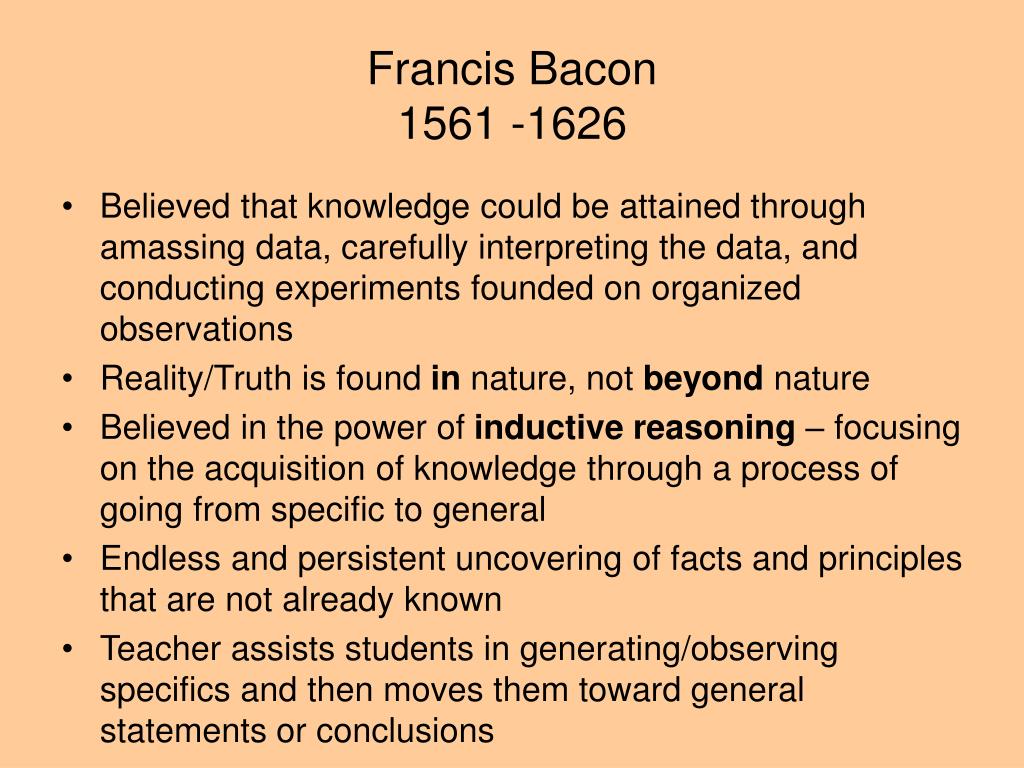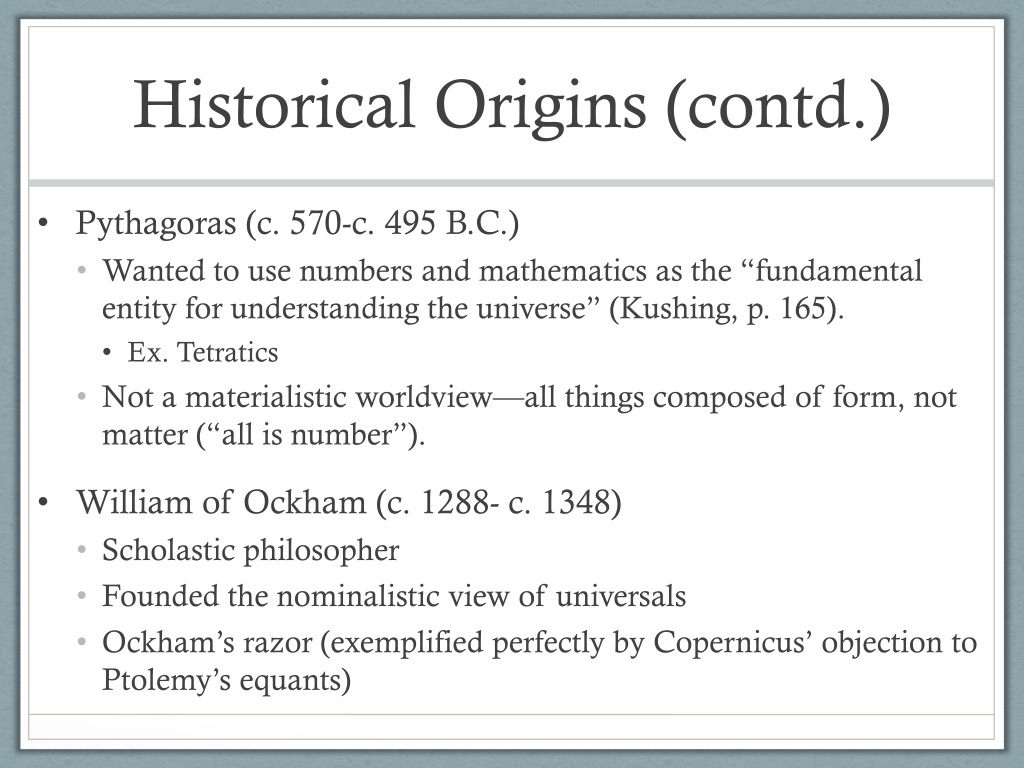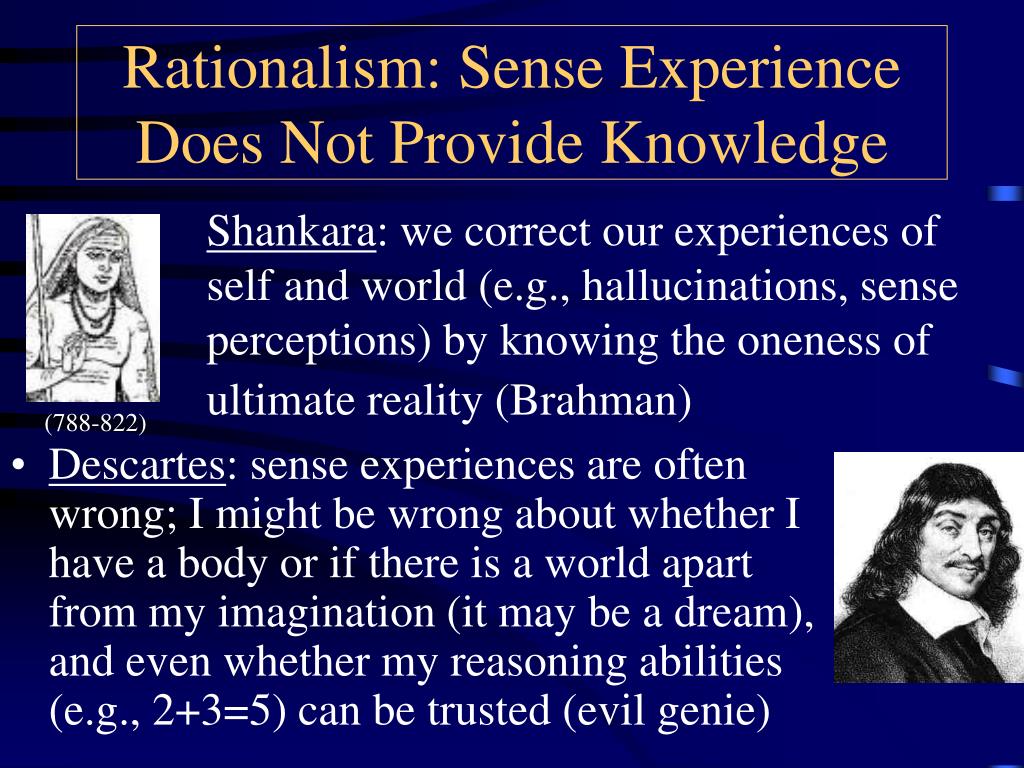
Barbin, 1674).Īlessio, Franco, Mito e scienza in Ruggero Bacone (Milan: Ceschina, 1957).Īllen, Meagan S., Roger Bacon’s Medical Alchemy: Medieval Pharmacology and the Prolongio Vitae. William of Auvergne, De universo, edited by P. Thomas of Kent, Le Roman d’Alexandre ou Le Roman de Toute Chevalerie, translated by C. (London: Anglo-Norman Text Society, 1976). Thomas of Kent, The Anglo-Norman Alexander (Le Roman de Toute Chevalerie), edited by B. Thomson, Petrus Peregrinus de Maricourt, Opera (Pisa: Scuola Normale Superiore, 1995) in English, The Letter of Petrus Peregrinus on the Magnet, c. Peter Perigrinus of Maricourt, Epistola de magnete, edited by L. Pfister (Heidelberg: Sammlung Mittellateinischer Texte, 1913). Isidore of Seville, Etymologiarum, edited by W. Robert Grosseteste, Commentarius in Posteriorum Analyticorum Libro, edited by P. Baur, Die philosophischen Werke des Robert Grosseteste, Bischofs von Lincoln (Munster: Aschendorf, 1912). Robert Grosseteste, De cometis, edited by L. Gunderson (Meisenheim am Glan: Hain, 1980).įrederick II. Walther Boer, Beiträge zur Klassischen Philologie (Meisenheim am Glan: Hain, 1980).Įpistola Alexandri Macedonis ad Aristotelem magistrum suum de itinere suo et de situ Indiae, translated by L. and never before in English (London: Simon Miller, 1659).Įpistola Alexandri Macedonis ad Aristotelem magistrum suum de itinere suo et de situ Indiae, edited by W. Roger Bacon, Frier Bacon: His Discovery of the Miracles of Art, Nature, and Magick. Bettoni, Lettera a Clemente IV (Milan: Biblioteca Francescana Provinciale, 1964). Roger Bacon, Epistola Fratris Rogeri Baconi, edited and translated by E.

Little, Part of the Opus tertium of Roger Bacon, including a fragment now printed for the first time (Aberdeen: University Press, 1912). Roger Bacon, Un fragment inédit de l’Opus tertium précédé d’une étude sur ce fragment, edited by P.


Roger Bacon, Opus tertium, edited and translated by N. Rogeri Bacon Opera Quaedam Hactenus Inedita (London: Longman and Green, 1859), 394-519 Roger Bacon, Compendium Studii Philosophiae, edited by J. Rogeri Bacon Opera Quaedam Hactenus Inedita (London: Longman and Green, 1859), 523-551. Roger Bacon, Epistola de secretis operibus artis et naturae, et de nullitate magiae, edited by J. Roger Bacon, Ruggero Bacone, La scienza sperimentale Lettera a Clemente IV-La scienza sperimentali-I segreti dell’arte e della natura, translated by F. Roger Bacon, Ruggero Bacone, Filosofia, scienza, teologia dall’Opus Minus, translated by V. Lindberg (Chicago: University of Chicago Press, 2006). Roger Bacon, Roger Bacon and the Origins of Perspectiva in the Middle Ages: A Critical Edition and English Translation of Bacon’s Perspectiva, with an Introduction and Notes, edited and translated by D.

(Philadelphia: University of Pennsylvania Press, 1928). Roger Bacon, Opus Maius, translated by R. Champion, 1994).Īl-Kindi, De radiis, edited by M.-T. Lowe (Princeton: Princeton University Press, 1937).Īlexander of Paris, Le Roman d’Alexandre, translated by L. Finally, Bacon’s interest in the utility of knowledge suggests that courtly settings in this period are significant locations for the development and applications of natural knowledge.Īlexander of Paris, The Medieval French Roman d’Alexandre, vol 2: Alexandre de Paris, edited by E. By examining Bacon’s major works on scientia experimentalis and analyzing his reliance on examples from the history of Alexander the Great, this essay demonstrates the interrelation of political power and erudite knowledge, and how they intersected through the cultivation and application of experimentum and technology. Bacon drew inspiration from the courtly sciences in theorizing how natural knowledge could serve ruling power. Both the courtly sciences and Bacon’s theory of scientia experimentalis focus on materials, sensory knowledge, and knowledge of particulars in pursuit of applied ends. Bacon’s emphasis on devices in the pursuit of knowledge and utility demonstrates the extent to which the courtly sciences (such as engineering, navigation, alchemy, and divination) were valued alongside traditional natural philosophical frameworks, and need to be understood in that context. This essay argues that Roger Bacon’s work ought to be understood within the context of the court. He looked to the courtly sciences (such as medicine, astral science, optics, and material science), which privilege application and knowledge gained through the sensorium, as sources of natural knowledge and as exemplars for the potential of natural knowledge. In his major works for the pope, as well as several other works from his maturity, Bacon focused on the utility of natural knowledge, both in terms of human know-how and what that know-how could produce.


 0 kommentar(er)
0 kommentar(er)
